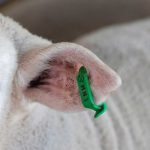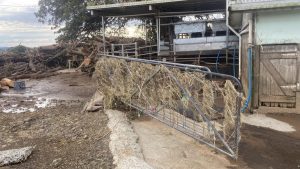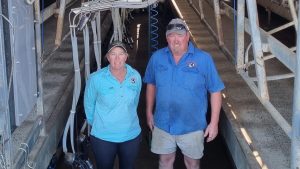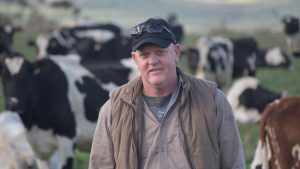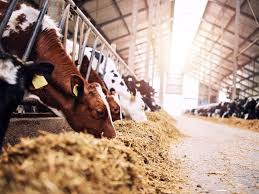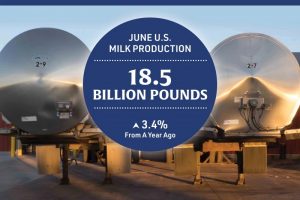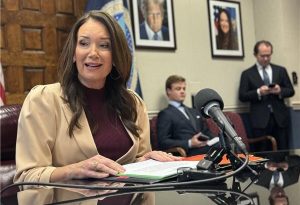
When this magazine lands in your letter box it’ll be the middle of summer and many in Canberra will be taking a break.
While that’s not so easy for dairy farmers to do, we can rest a tad easier knowing agriculture had two wins at the end of the Parliamentary sitting year.
In the Parliament’s last sitting week, a government move to tax ‘unrealised gains’ failed to pass the Senate.
Another key win, and something ADF had been a vocal proponent of, came when the beefed-up Food and Grocery Code passed Parliament – also in its final week.
Firstly, the unrealised gains tax was of significant concern to ADF for a number of reasons. Not least because it was unfair to dairy farmers and set a dangerous precedent.
The legislation would’ve reduced superannuation tax concessions for individuals with balances exceeding $3 million.
For farmers, whose assets are typically tied up in land and machinery, this could’ve meant selling off parts of their livelihood just to pay a tax bill on paper profits that don’t translate into cash flow.
ADF joined the National Farmers Federation and many other organisations in highlighting that taxing unrealised gains could have unintended consequences for investment and retirement planning, particularly affecting those who are asset-rich but cash-poor.
The collective advocacy efforts gained significant traction in the media and among policymakers, and clearly had an impact.
The core issue was in the nature of farming and small business assets.
Unlike liquid assets, such as stocks or cash, the value of farmland, equipment, and infrastructure is not easily accessible without selling the asset.
For many farmers, their superannuation is intrinsically linked to the value of their farm.
Taxing unrealised gains would have forced them to liquidate essential assets, disrupting operations and threatening the long-term viability of their businesses.
Mandatory code legislated
The other key win we noted in Parliament’s last days for 2024 was the passing of the changes to the Food and Grocery Code (FGC).
We knew earlier in the year that the Government had committed to implementing all 11 recommendations contained in the independent review of the FGC, led by Dr Craig Emerson.
But to see the changes make their way into legislation is satisfying, to say the least.
Throughout the review process, ADF called for the FGC to be made mandatory, to help create a level playing field for all suppliers.
The mandatory code promises significant benefits for dairy farmers by ensuring fairer trading practices and enhancing protections within grocery supply chains.
While there are moves afoot with the Dairy Code of Conduct, as you’ll read in my other piece in this edition, the Dairy Code of Conduct remains in place as an independent code and continues to regulate conduct between dairy farmers and processors.
It’s important the Dairy Code prevails as the standalone code regulating processers and dairy farmers.
It’s always pleasing to end a year with such good news. With both a review of the Dairy Code and a Federal Election ahead this year I hope I can be in the same position again when 2025 draws to a close.
By Ben Bennett
President
Australian Dairy Farmers
You can now read the most important #news on #eDairyNews #Whatsapp channels!!!
🇺🇸 eDairy News INGLÊS: https://whatsapp.com/channel/0029VaKsjzGDTkJyIN6hcP1K

